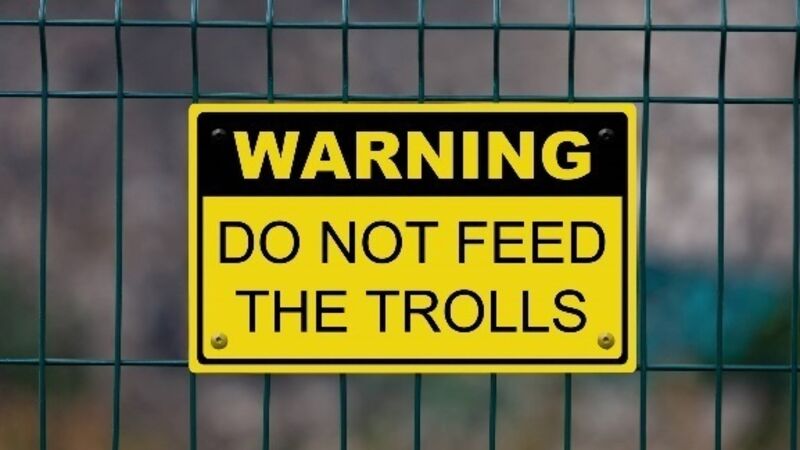Game of trolls: What is it like to be a victim of online abuse?

From taunts about people’s looks to death threats and suggestions of suicide, online abuse is common in Ireland. speaks to a victim and a perpetrator
WHEN Ibrahim Halawa finally came home after four years of political incarceration in Egypt, he found himself in a new prison, one made of unkind words.











